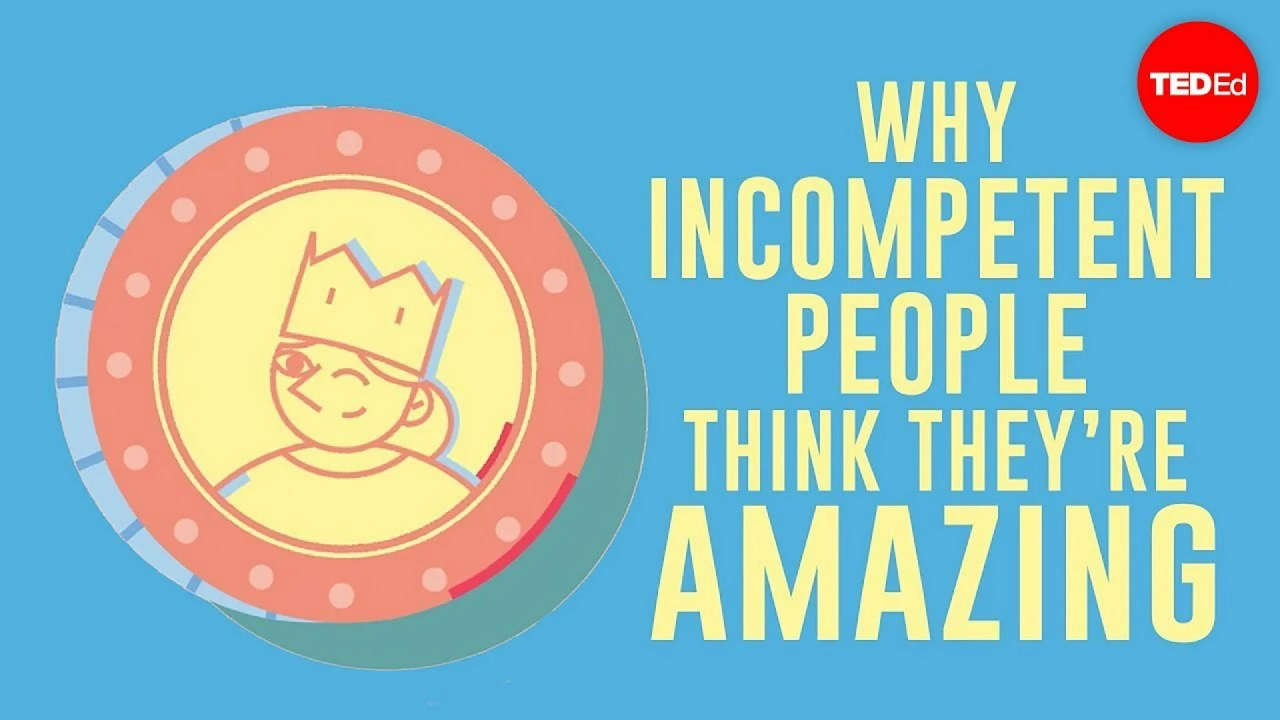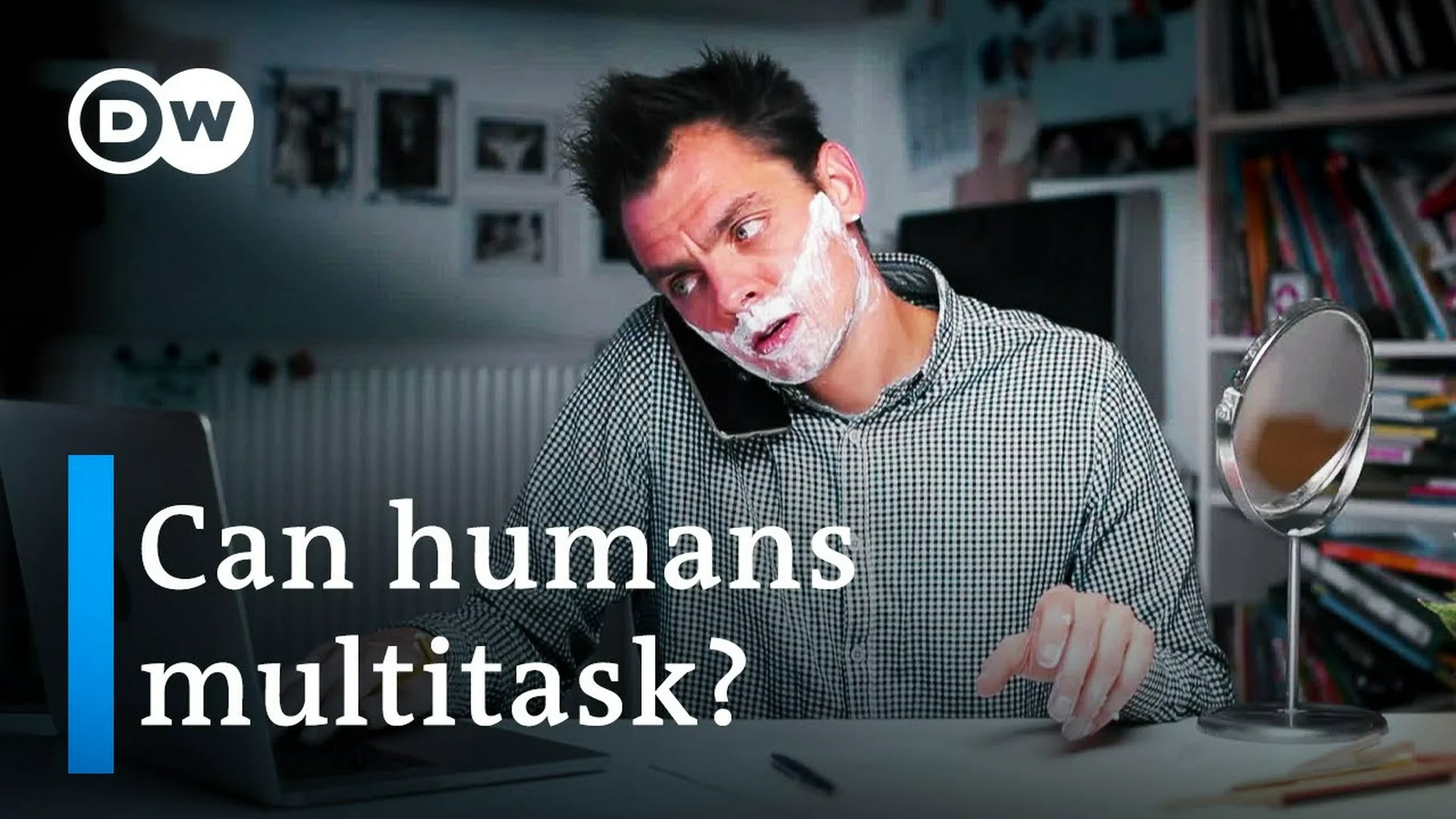In the field of psychology, the Dunning-Kruger effect is a cognitive bias, wherein people of low ability suffer from illusory superiority. In simple terms, people that are not as intelligent, think they are super intelligent.
The effect explains how people mistakenly asses their cognitive ability as greater than it is. The effect derives from the metacognitive inability of low-ability persons to recognize their own limits.
In the same manner, highly competent individuals think that the tasks that are easy for them, are easy for other people to perform as well.
The cognitive bias was described in depth by social psychologists David Dunning and Justin Kruger. As a result, we have people that cannot asses how good are they with money, how good are they at reading other people’s emotions, how healthy they are, and much more.
Psychological research suggests that we are not very good at evaluating ourselves accurately. In fact, we frequently overestimate our own abilities. This video explains shortly what the effect is.




















